General description
Bacterial alkaline phosphatase (BAP) is a periplasmic enzyme that is encoded by the phoA gene. The use of a BAP tag to the target gene yields a stable fusion product that does not affect the bioactivity and biodistribution of the target gene in recombinant expression vector systems. Hence, anti-BAP antibodies can be useful tools for the detection and analysis of target biomolecules fused to BAP tags.Monoclonal Anti-Bacterial Alkaline Phosphatase (BAP, PhoA) (mouse IgG1 isotype) is derived from the BAP-77 hybridoma produced by the fusion of mouse myeloma cells and splenocytes from a BALB/c mouse immunized with a BAP tagged fusion protein. Bacterial alkaline phosphatase (BAP) also known as PhoA, EC 3.1.3.1 is an 50 kDa protein, derived from E. coli.
Immunogen
A bacterial alkaline phosphatase (BAP) tagged fusion protein.
Application
Monoclonal Anti-Bacterial Alkaline Phosphatase (BAP, PhoA) antibody is suitable for use in western blot (at 1:20,000 dilutions using purified Escherichia coli BAP) and indirect ELISA.
Biochem/physiol Actions
Bacterial alkaline phosphatase (BAP) enzyme regulates the catabolism of phosphate esters. Alkaline phosphatase appears to require export to the periplasm to show enzymatic activity. Fusions of the secreted alkaline phosphatase to an integral cytoplasmic membrane protein of E. coli shows different activities depending on where with the membrane protein the alkaline phosphatase is fused. Fusions to positions in or near the periplasmic (extracellular) domain lead to high alkaline phosphatase activity, whereas those to positions in the cytoplasmic domain give low activity.
Disclaimer
Unless otherwise stated in our catalog or other company documentation accompanying the product(s), our products are intended for research use only and are not to be used for any other purpose, which includes but is not limited to, unauthorized commercial uses, in vitro diagnostic uses, ex vivo or in vivo therapeutic uses or any type of consumption or application to humans or animals.
- UPC:
- 51201801
- Condition:
- New
- Weight:
- 1.00 Ounces
- HazmatClass:
- No
- WeightUOM:
- LB
- MPN:
- B6804-100UL












